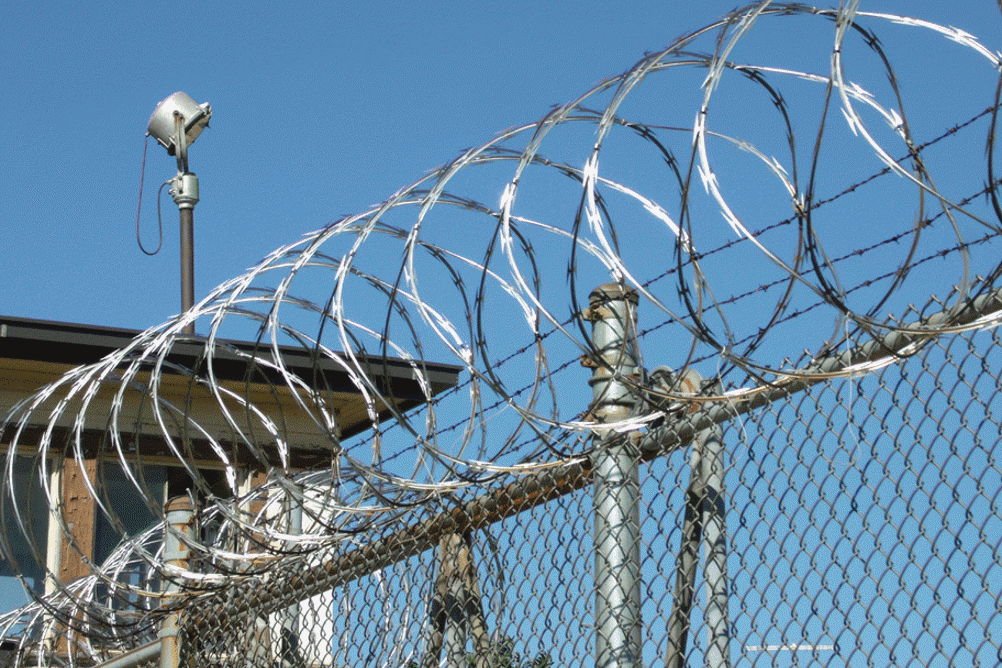
The children's charity, which facilitates prison visits for families, says that while 200,000 children have a parent in jail, contact between prisoners with young children and their families can be impeded by restrictive rules about visiting.
Key items such as prams, nappies and milk bottles are often not allowed at visits.
 Barnardo’s assistant director of policy and research Neera Sharma said, ‘In some prisons young children and even babies are subject to intrusive searches. We also know that, while many prisons have good family-friendly practice, there is also a culture of mistrust towards families and their children in some prisons. With these issues remaining, an estimated 45% of families lose contact with family members in prison.’
Barnardo’s assistant director of policy and research Neera Sharma said, ‘In some prisons young children and even babies are subject to intrusive searches. We also know that, while many prisons have good family-friendly practice, there is also a culture of mistrust towards families and their children in some prisons. With these issues remaining, an estimated 45% of families lose contact with family members in prison.’
Register now to continue reading
Thank you for visiting Nursery World and making use of our archive of more than 35,000 expert features, subject guides, case studies and policy updates. Why not register today and enjoy the following great benefits:
What's included
-
Free access to 4 subscriber-only articles per month
-
Unlimited access to news and opinion
-
Email newsletter providing activity ideas, best practice and breaking news
Already have an account? Sign in here
